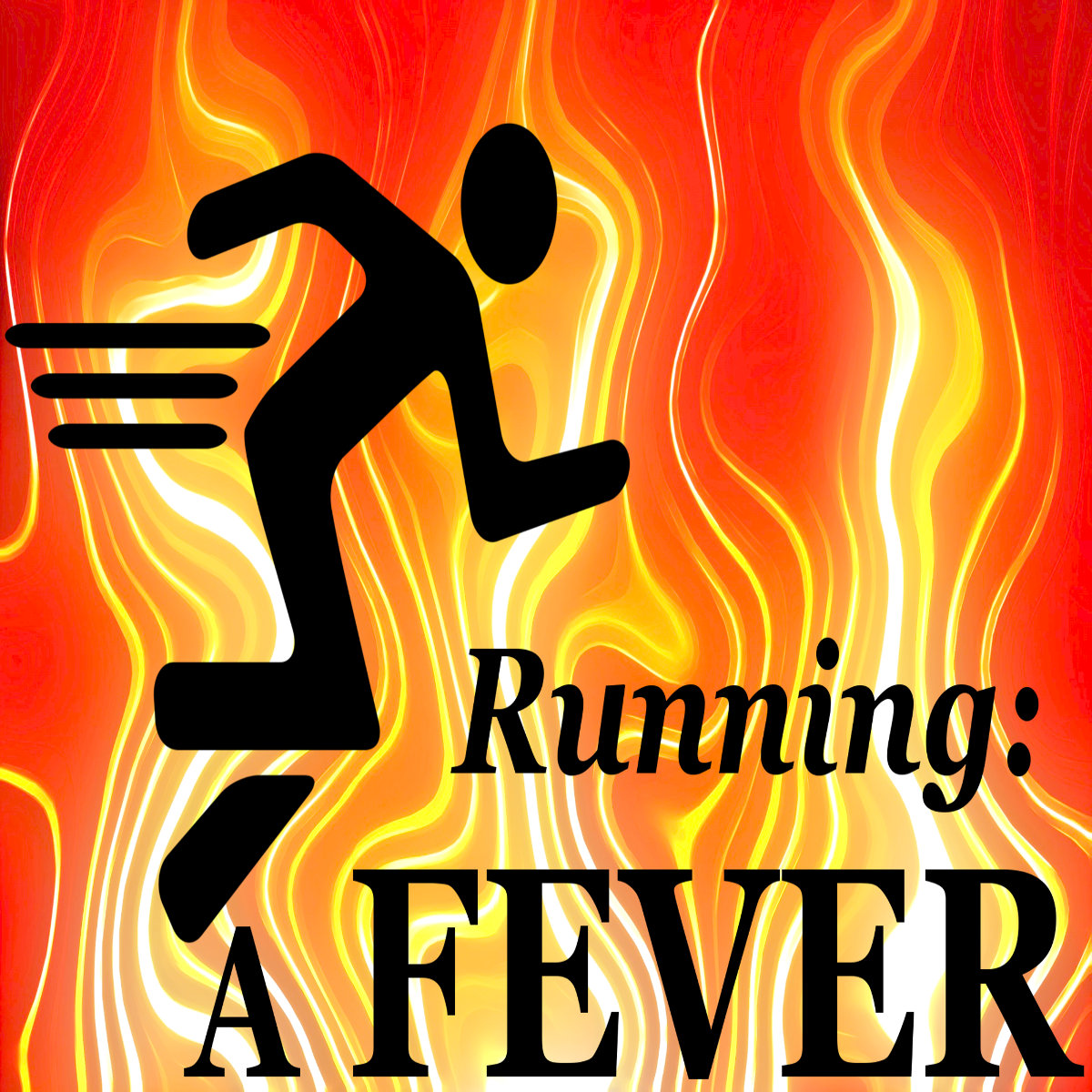In episode 220, I mentioned PMIS or Pediatric Multisymptom Inflamatory Syndrome, as a complication affecting some children diagnosed with COVID-19 disease. COVID-19 is the disease. The virus is officially called SARS-COV-2. Now, I’ve heard about this in the news, and I thought it might be a new disease split off from COVID. The first wikipedia article appeared in May of this year. It is similar to Kawasaki disease, which was discovered in 1961.
It would be easier here to describe what is NOT known about PMIS. Here are some quotes:
“The pathogenesis is unknown.”
“Epidemiological information is limited”
“Limited information exists”
I guess the problem is that something new to be afraid of spreads like wildfire regardless of the information available. So let’s get to what is known about PMIS or MIS-C, which trades the “Pediatric” in front for “in Children” on the back.
Blood vessels become inflamed throughout the body. It tends to affect older children. Symptoms start with acute abdominal pain, diarrhoea or vomiting. Also common are low blood pressure, pink eye, rashes, enlarged lymph nodes, swollen hands and feet, “strawberry tongue”, sore throat, cough, fainting, irritability and confusion.
The reason this disease is getting so much attention is that it is thought to follow COVID-19 in children. Currently there is no evidence of a causal connection between the two however. Clusters of new cases have been reported 2-6 weeks after local peaks in viral transmission.
The condition is considered rare. COVID-19 generally does not affect children as severely as adults, and is more often asymptomatic. Even Kawasaki disease, which is also rare, but has been known for over 50 years, has no known cause. It is thought to perhaps occur in children who are genetically predisposed.
Treatment is by “Supportive care” (treatment of symptoms), and this may be sufficient for mild cases. Anti-inflammatory treatments have also been used with good response, with or without steroids. Low-dose aspirin has also been used.
Of course, if your child has the symptoms, you should take him to the doctor. Hopefully you would anyway, as the symptoms seem to support it. The Royal College of Paediatrics and Child Health also recommends that all affected children should be treated as having suspected COVID-19.
Just to reiterate, a link has not been found between MIS and COVID-19. And this syndrome is rare. But it never hurts to be informed, and that’s why I’m here.
References:
https://en.wikipedia.org/wiki/Coronavirus_disease_2019#Complications_and_long-term_effects
https://en.wikipedia.org/w/index.php?title=Paediatric_multisystem_inflammatory_syndrome&dir=prev&limit=500&action=history
https://web.archive.org/web/20200719133952/https://www.covid19treatmentguidelines.nih.gov/special-populations/children/
